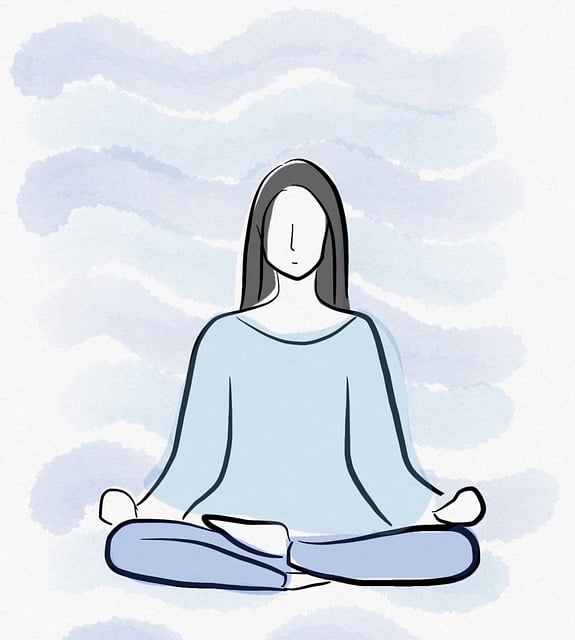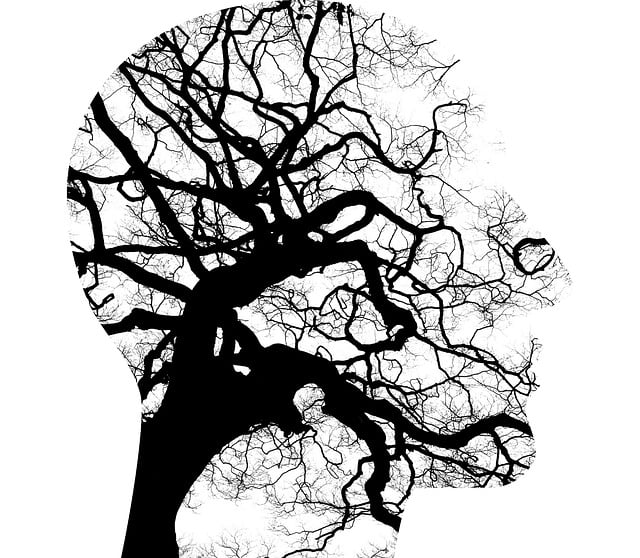TL;DR:
Mental health psychotherapy for couples is a collaborative process where partners work with a trained therapist to improve communication, resolve conflicts, and strengthen emotional intimacy. Through techniques like CBT and mindfulness, therapy helps address underlying issues, challenge negative thought patterns, and build resilience. The goal is to create a safe space, enhance active listening, foster empathy, and cultivate deeper connections, leading to improved mental well-being and overall relationship satisfaction. This approach benefits couples facing communication issues, conflict resolution difficulties, infidelity, and unmet needs, ultimately strengthening their bond and preparing them to face future challenges together.
Couples psychotherapy is a collaborative approach to enhancing relationship well-being. Understanding this therapeutic process empowers partners to address challenges and foster growth. By seeking professional help, couples can navigate communication barriers, overcome conflicts, and build stronger connections. This article explores the benefits of couples therapy, common issues, effective techniques, and long-term impacts, providing insights into how mental health psychotherapy transforms relationships and promotes lasting happiness.
Understanding Couples Psychotherapy: A Collaborative Approach

Couples psychotherapy, also known as relationship therapy or couples counseling, is a collaborative and structured approach to addressing issues within a romantic partnership. It involves both partners actively participating in the process, working together with a trained mental health professional to identify and resolve conflicts, improve communication, and strengthen their bond. This form of psychotherapy recognizes that relationships are complex systems where each partner’s thoughts, feelings, and behaviors influence one another.
The primary goal is to create a safe and supportive environment where couples can openly discuss their challenges, gain new insights, and develop effective strategies for managing conflicts. Therapists facilitate this process by helping partners improve their listening skills, enhance empathy, and foster a deeper understanding of each other’s perspectives. Through various therapeutic techniques, couples learn to navigate differences constructively, nurture intimacy, and build resilience in their relationships. This collaborative journey towards healing and growth can lead to improved mental health and overall well-being for both individuals.
Benefits of Seeking Professional Help for Relationships

Seeking professional help through couples psychotherapy offers numerous benefits for relationships facing challenges. This process provides a safe and supportive environment where individuals can openly communicate their feelings, gain valuable insights, and develop effective coping strategies. Mental health psychotherapy allows partners to navigate complex issues, such as communication barriers, conflict resolution, and unmet needs, fostering deeper understanding and connection.
By engaging in therapy, couples can enhance their emotional intimacy, improve conflict management skills, and cultivate a more positive and fulfilling relationship dynamic. Professional guidance helps individuals address underlying problems, overcome obstacles, and make informed decisions tailored to their unique situation. This investment in mental health psychotherapy can lead to enhanced relationship satisfaction, improved overall well-being, and the development of resilience for the future.
Common Issues in Couples Therapy and How to Address Them

Many couples seek therapy to address a range of common issues that can affect their relationship and mental health. Communication problems, conflict resolution challenges, infidelity, and unmet needs are frequent concerns. Effective couples psychotherapy involves creating a safe and supportive environment where both partners feel heard and understood.
During sessions, therapists help couples identify negative patterns, improve active listening, and develop healthier ways of expressing emotions and resolving conflicts. Techniques like cognitive-behavioral therapy (CBT) can be employed to challenge unhelpful thoughts and behaviors, while empathy and enhanced emotional connection are fostered through approaches like motivational interviewing. By addressing these issues collaboratively, couples can strengthen their bond, enhance their mental well-being, and cultivate a deeper sense of intimacy.
The Therapeutic Environment: Creating Safety and Trust

In couples psychotherapy, creating a safe and trusting environment is paramount for effective treatment. The therapeutic space should foster openness and vulnerability, where both partners feel comfortable expressing their thoughts, feelings, and concerns without fear of judgment or reprisal. This begins with establishing clear boundaries, ensuring confidentiality, and cultivating an atmosphere of empathy and understanding. A skilled therapist can help navigate the dynamics between partners, encouraging active listening and promoting a deeper level of intimacy.
The therapeutic environment also involves normalizing the experience of seeking help. Many couples may feel hesitant or embarrassed about attending therapy, so validating their feelings and emphasizing the benefits of addressing issues early on is crucial. By creating a safe haven, therapists enable partners to explore sensitive topics, work through conflicts, and strengthen their emotional connection, ultimately improving their mental health and overall well-being.
Communication Strategies for Effective Sessions

Effective communication is a cornerstone of successful couples psychotherapy, fostering an environment where emotions can be openly expressed and misunderstandings can be resolved. During sessions, therapists encourage active listening, where each partner attentively hears the other’s perspective, allowing for deeper understanding and empathy. This strategy promotes a safe space for vulnerability, enabling partners to share their thoughts and feelings honestly without fear of judgment.
Additionally, reflecting on one another’s words is vital. Therapists guide partners to paraphrase and summarize what they’ve heard, ensuring mutual comprehension. This technique not only clarifies messages but also helps identify any communication barriers or patterns that may be contributing to relationship challenges. By employing these communication strategies, couples can enhance their connection, improve conflict resolution skills, and work towards positive changes in their mental health psychotherapy journey.
Techniques Used by Therapists to Improve Relationship Dynamics

In couples psychotherapy, therapists employ a range of techniques designed to improve relationship dynamics and enhance communication. One common approach is mental health psychotherapy that focuses on identifying and addressing underlying issues, such as unresolved conflicts, insecure attachment styles, or unhealthy patterns of interaction. Therapists help partners gain insights into their behaviors and emotions, fostering empathy and understanding.
Additionally, therapists might utilize various therapeutic modalities like cognitive-behavioral therapy (CBT), mindfulness practices, or solution-focused approaches. CBT aids in challenging negative thought patterns and replacing them with more adaptive ones, while mindfulness encourages present-moment awareness to reduce reactivity during conflicts. Solution-focused therapy helps couples identify and build on their strengths to create healthier relationship dynamics.
Building Resilience and Strengthening the Bond

In the realm of couples psychotherapy, one of the primary goals is to build resilience and strengthen the bond between partners. Through therapy sessions, individuals learn effective communication strategies that foster understanding and empathy. This process helps them navigate conflicts constructively, enhancing their ability to overcome challenges together. By addressing underlying issues and improving emotional intimacy, mental health psychotherapy enables couples to develop stronger relationships built on mutual support and trust.
Additionally, therapy provides a safe space for partners to express their feelings openly without fear of judgment. This openness facilitates the resolution of unresolved conflicts and promotes personal growth. As a result, couples emerge with heightened self-awareness, improved conflict management skills, and a renewed sense of connection, making them better equipped to face future challenges in their mental health and overall well-being.
Long-term Impact and Maintaining a Healthy Partnership

Couples therapy isn’t just about fixing immediate issues; it’s an investment in the long-term health and resilience of your partnership. The benefits extend far beyond the resolution of current conflicts, fostering healthier communication patterns and deeper emotional connections that can weather future challenges. Regular sessions with a mental health psychotherapist can equip couples with valuable tools to navigate relationship milestones, manage stress together, and maintain a strong bond over time.
Through continuous practice, the strategies learned in therapy—such as active listening, conflict resolution techniques, and empathy building—become second nature, promoting a more profound understanding and appreciation between partners. This proactive approach not only strengthens the foundation of the relationship but also empowers couples to address emerging issues before they escalate, ensuring a more fulfilling and enduring partnership.
